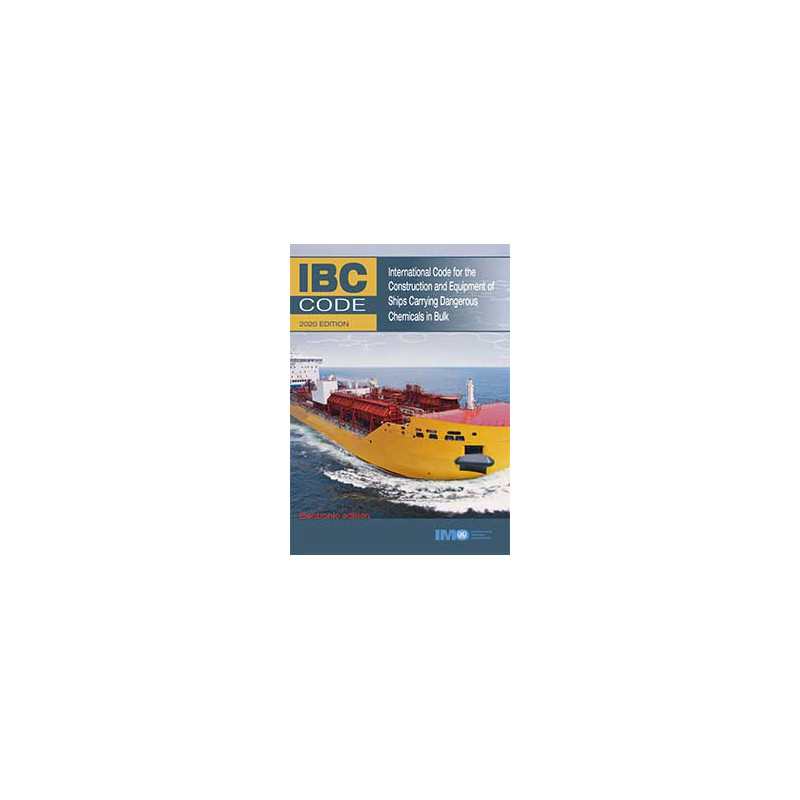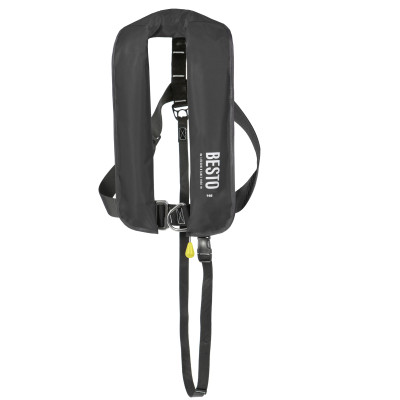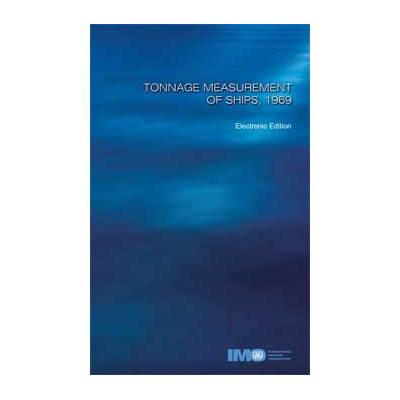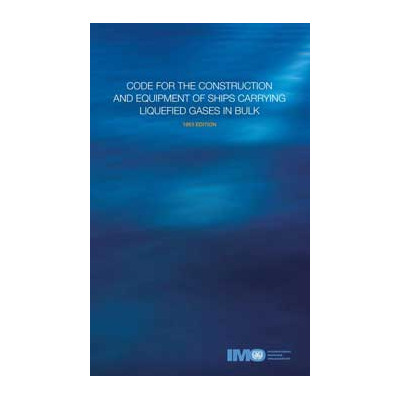- menu title
-
Custom Menu
add remove
-
Navigation
add remove
-
menu title
add remove
-
menu title
add remove
-
menu title
add remove
-
menu title
add remove
-
menu title
add remove
- menu title
-
Custom Menu
add remove
- Navigation add remove
-
menu title
add remove
-
menu title
add remove
-
menu title
add remove
-
menu title
add remove
-
menu title
add remove
e-reader: IBC Code, 2020 Edition - publikacja elektroniczna
This e-reader is accessed using The IMO Bookshelf. For more information about The IMO Bookshelf, including purchasing and assigning e-reader products, please visit https://www.imo.org/en/publications/Pages/Bookshelf1.aspx
The purpose of this Code is to provide an international standard for the safe carriage, in bulk by sea, of dangerous chemicals and noxious liquid substances listed in chapter 17 of the Code. The Code prescribes the design and construction standards of ships, regardless of tonnage, involved in such carriage and the equipment they shall carry to minimize the risk to the ship, its crew and the environment, having regard to the nature of the products involved.
This edition of the Code incorporates a number of amendments which have entered into force since it was last published in 2016, including:
- resolutions MEPC.302(72) and MSC.440(99) amending the model form of International Certificate of Fitness for the Carriage of Dangerous Chemicals in Bulk, which entered into force on 1 January 2020.
- resolutions MEPC.318(74) and MSC.460(101), amending chapters 1, 15, 16, 17, 18, 19 and 21, including a complete revision of the product information set out in chapters 17 and 18, which enters into force on 1 January 2021.




















 Cookies
Cookies